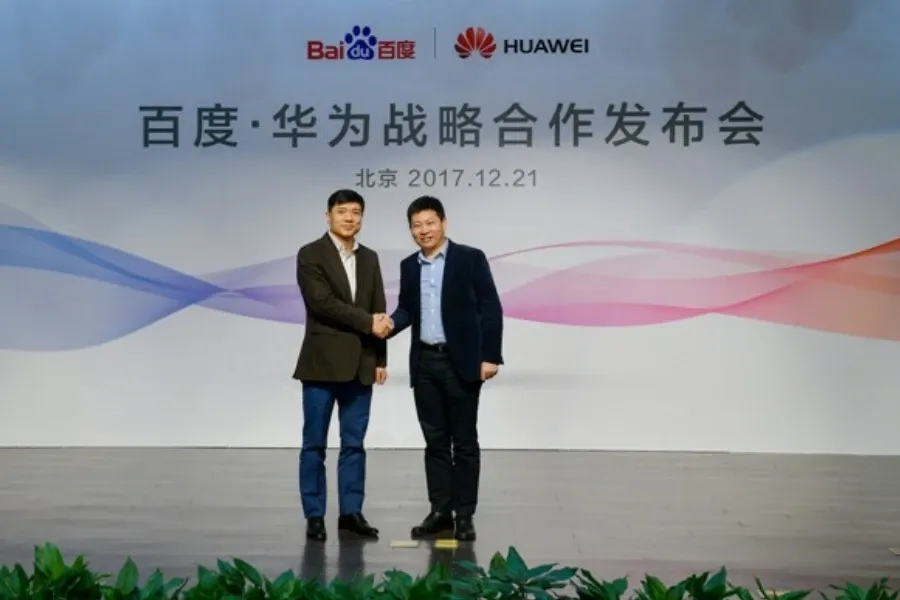Ericsson to Cut 1,600 Jobs in Sweden
Ericsson proposed to cut around 1,600 jobs in the home market of Sweden.

Huawei and Baidu have announced a comprehensive strategic cooperation agreement that spans from artificial intelligence (AI) platforms and technology, to internet services and content ecosystems. The two companies aim to cultivate an open mobile and AI ecosystem built on shared success, while spurring the development of new AI applications and providing global consumers with AI that “knows you better.“
“The future is all about smart devices that will actively serve us, not just respond to what we tell them to do,“ said Richard Yu, CEO of Huawei's Consumer Business Group. “With a strong background in R&D, Huawei will work with Baidu to accelerate innovation in the industry, develop the next generation of smartphones, and provide global consumers with AI that knows you better.“
“It should come as no surprise that Baidu and Huawei are working together, because we have many similarities, technology is embedded in our DNA and we have developed our own technologies in order to grow,“ said Robin Li, Baidu Chairman and CEO. “The Internet era is evolving into the era of AI. Baidu has been dedicated to the field of AI for a long time. Huawei has a large user base. Together, Baidu and Huawei can do many things which we were not able to do in the past. The Chinese saying ‘let a hundred flowers bloom’ is a good way to describe our cooperation, today we planted the seeds, and I believe soon they will grow into many flowers.“
Huawei and Baidu plan to build an open ecosystem using Huawei’s HiAI platform and Baidu Brain, a compendium of the company's AI assets and services. The open ecosystem will leverage Huawei’s Neural Network Processing Unit (NPU) and Baidu’s PaddlePaddle deep learning framework to empower AI developers, and provide consumers with a broad range of AI offerings and new smart service experiences.
The two companies will work together on voice and image recognition for smart devices to enable more seamless human-machine interaction. They will also jointly build an augmented reality (AR) ecosystem, combining hardware and software to create a more immersive and accessible AR experience for everyday consumers. Regarding internet services and content ecosystems, the companies will strengthen cooperation in areas such as search and feed to bring consumers a wealth of quality content with a more intuitive and convenient service experience.